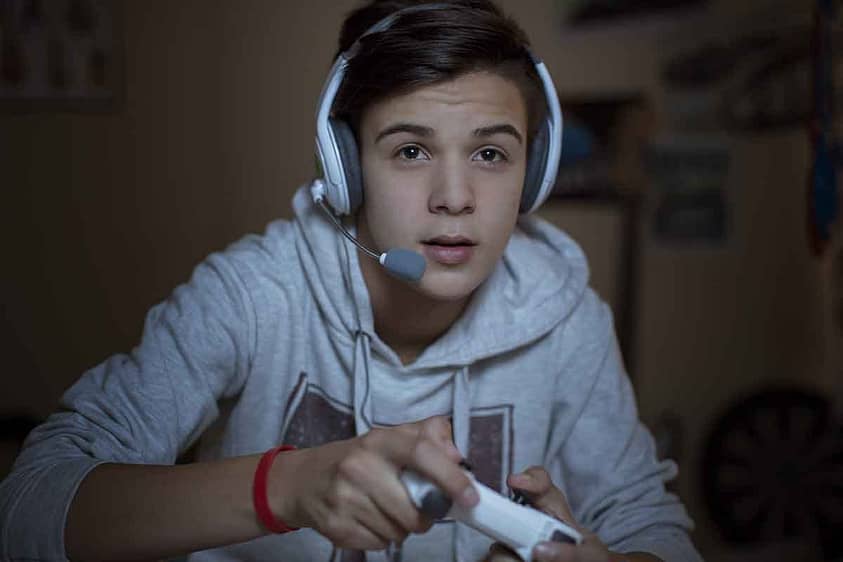Today, teenagers spend more and more time playing video games. While video games can be fun and engaging, the hobby can quickly turn into an addiction for some. For many, compulsive video gaming can be a symptom of process addiction and underlying mental health concerns. While video games can provide engaging social play for many teenagers, they can be highly addictive. Parents may joke about their teen’s gaming, but video game addiction is as real as any other addiction. There are now treatment centers around the country and right here in North Carolina with addiction rehab programs.
If your teen has trouble getting through the day without video games, they may have a process addiction. Call Foothills at Red Oak Recovery to learn more about gaming addiction rehab in North Carolina. Our adolescent addiction treatment center can help. Reach us at 866.300.5275 for more information on process addictions and treatments.
What Is a Process Addiction?
Process addictions are repetitive, compulsive behavioral patterns. Today, an increasing number of young adults develop process addictions to video games, social media, smartphones, and other technology. Obsessive behavior that consumes a person’s life characterizes process addiction. Teens struggling with video games process addiction may go through withdrawal when not playing video games. Process addictions distract a person from emotional or psychological pain. Through compulsively playing video games, some teens may experience withdrawal from social groups. Others may have trouble keeping their grades up. Process addictions have a high risk of leading to substance abuse and other addictions.
Is My Teen Addicted to Video Games?
Your teenager may play video games more than you’d like. This doesn’t mean they have a process addiction. However, if they exhibit any of the following signs, seek professional addiction support. Signs of video game addiction may include:
- Obsessive playing
- Neglecting hygiene
- Ignoring friends and family
- Feeling they can’t live without video games
- Drug-seeking behavior
- Changes in sleep
- Alterations in eating habits
- Changes in academic and athletic performance
- Other compulsive behaviors
- Signs of substance abuse
- Drug-seeking behavior
Video games provide an escape, whether a teenager is addicted to them or not. Often, they give teenagers another world to enter and forget about the pressure of being a teen. Sometimes these digital worlds can help teens cope with stress, engage their brains, and socialize with friends from different states or countries. This escape, however, can quickly turn into an addiction.
It can be hard to spot a process addiction when most people today spend time playing video games, engaging in social media, and glued to their smartphones. Process addictions are often symptoms of underlying trauma or stress. If your teenager is playing video games obsessively, it may be time to get help.
Find Gaming Addiction Rehab in North Carolina
Like any addiction, the first step to healing from video game dependency is detox. At Foothills at Red Oak Recovery, teenage boys have the opportunity to disconnect from the digital world and reconnect with nature. Our rehab programs specialize in gaming, social media, disordered eating, and substance abuse treatment for teens. Serving adolescent men, the serene landscape of North Carolina can help those in recovery return to themselves through more time outdoors. In addition, our programs feature equine and large animal therapy alongside traditional therapies for engaging, nature-based, holistic healing.
Get Support for Your Teen at Foothills at Red Oak Recovery
If you suspect your teen is suffering from a process addiction like video games, social media, or smartphones, Red Oak Recovery can help. Process addictions often point to deeper emotional and psychological wounds in need of healing. Reach us today at 866.300.5275 to learn more about gaming addiction rehab in North Carolina.





